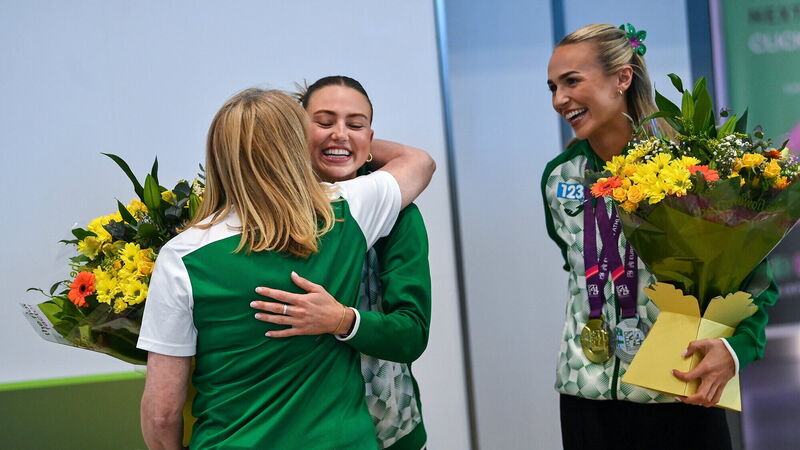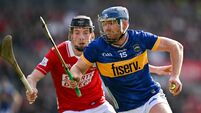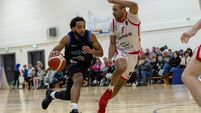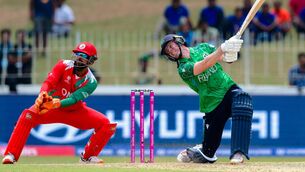Cathal Dennehy: No running away from issue of investment in Irish athletics

WHAT MORE CAN WE DO? Irish athletes Sophie Becker, left, with her silver medal and Sharlene Mawdsley with her gold and silver medals are greeted by Athletics Ireland Deputy CEO Brid Golden at Dublin Airport. Pic: David Fitzgerald, Sportsfile














